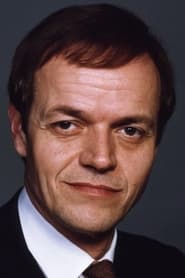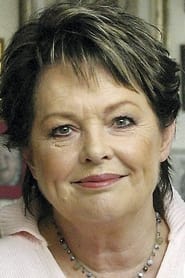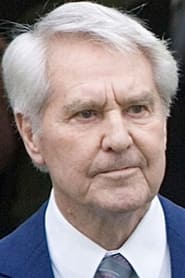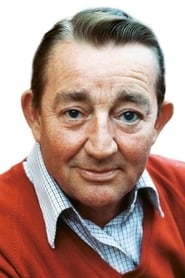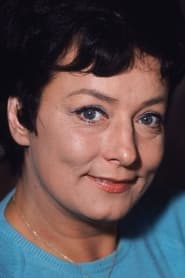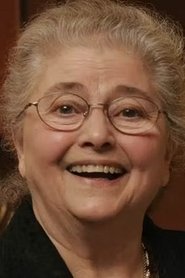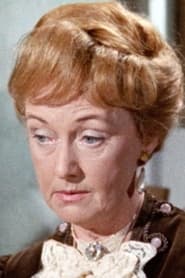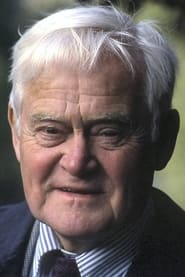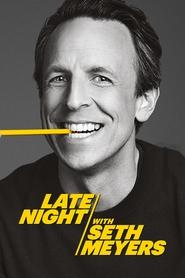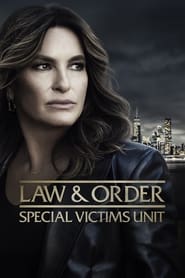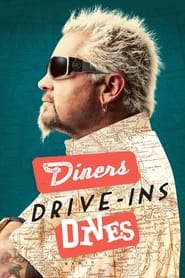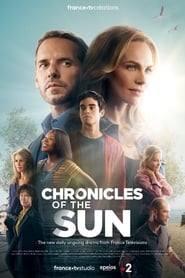
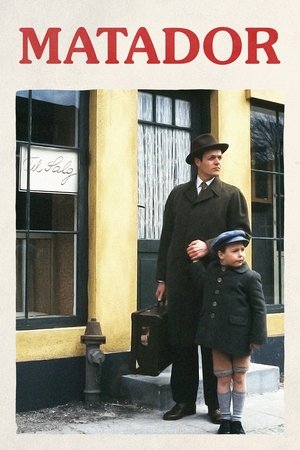
Seasons and episodes
-
 4 - 1Wheeling and dealing November 28, 1981
4 - 1Wheeling and dealing November 28, 1981 -
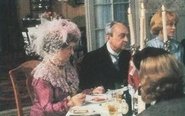 4 - 2The eleventh hour December 05, 1981
4 - 2The eleventh hour December 05, 1981 -
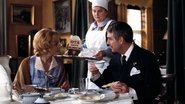 4 - 3Peace on earth and goodwill toward men December 12, 1981
4 - 3Peace on earth and goodwill toward men December 12, 1981 -
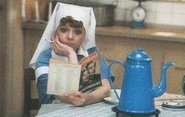 4 - 4All's well December 19, 1981
4 - 4All's well December 19, 1981 -
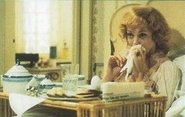 4 - 5Among brothers December 26, 1981
4 - 5Among brothers December 26, 1981 -
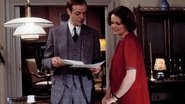 4 - 6New look January 02, 1982
4 - 6New look January 02, 1982
-
 3 - 1A new life December 06, 1980
3 - 1A new life December 06, 1980 -
 3 - 2The pieces of the puzzle December 13, 1980
3 - 2The pieces of the puzzle December 13, 1980 -
 3 - 3To think and to believe December 20, 1980
3 - 3To think and to believe December 20, 1980 -
 3 - 4Laura's big day December 27, 1980
3 - 4Laura's big day December 27, 1980 -
 3 - 5The adult ranks January 03, 1981
3 - 5The adult ranks January 03, 1981 -
 3 - 6Hr. Stein January 10, 1981
3 - 6Hr. Stein January 10, 1981
-
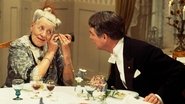 2 - 1The birthday November 17, 1979
2 - 1The birthday November 17, 1979 -
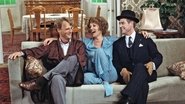 2 - 2The stranger in town November 24, 1979
2 - 2The stranger in town November 24, 1979 -
 2 - 3What about the dresser December 01, 1979
2 - 3What about the dresser December 01, 1979 -
 2 - 4Nowadays December 08, 1979
2 - 4Nowadays December 08, 1979 -
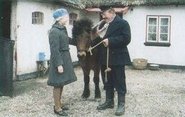 2 - 5In a Pinch December 15, 1979
2 - 5In a Pinch December 15, 1979 -
 2 - 6For better and for worse December 22, 1979
2 - 6For better and for worse December 22, 1979
-
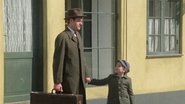 1 - 1The traveler November 11, 1978
1 - 1The traveler November 11, 1978 -
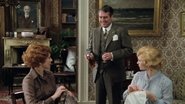 1 - 2The Neighbour November 18, 1978
1 - 2The Neighbour November 18, 1978 -
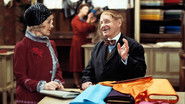 1 - 3Succession November 25, 1978
1 - 3Succession November 25, 1978 -
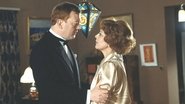 1 - 4The Maiden Aunt December 02, 1978
1 - 4The Maiden Aunt December 02, 1978 -
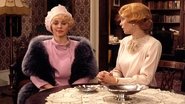 1 - 5One Man's Loss December 09, 1978
1 - 5One Man's Loss December 09, 1978 -
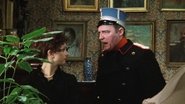 1 - 6Deployment December 16, 1978
1 - 6Deployment December 16, 1978
Overview
Matador is a Danish TV series produced and shown between 1978 and 1982. It is set in the fictional Danish town of Korsbæk between 1929 and 1947. It follows the lives of a range of characters from across the social spectrum, focusing specifically on the rivalry between the families of two businessmen: The banker Hans Christian Varnæs, an established local worthy, and social climber Mads Skjern, who arrives in town as the series opens. The name Matador was taken from the localised edition of the boardgame Monopoly, also the series' tentative English title. In addition, in contemporary Danish a "matador" is often used to describe a business tycoon, in the series referring to the character of Mads Skjern and his craftiness as a self-made entrepreneur. Directed by famed Danish film maker Erik Balling, Matador was the idea of author Lise Nørgaard who wrote the bulk of the episodes alongside Karen Smith, Jens Louis Petersen and Paul Hammerich. The series is one of the most well-known and popular examples of Danish television and represents the peak of longtime development of Danish TV drama by the public service channel Danmarks Radio. The series has become part of the modern self-understanding of Danes, partly because of its successful mix of melodrama and a distinct warm Danish humour in the depiction of characters, which were portrayed by a wide range of the most popular Danish actors at the time; but also not least because of its accurate portrayal of a turbulent Denmark from around the start of the Great Depression and through Nazi Germany's occupation of Denmark in World War II.

